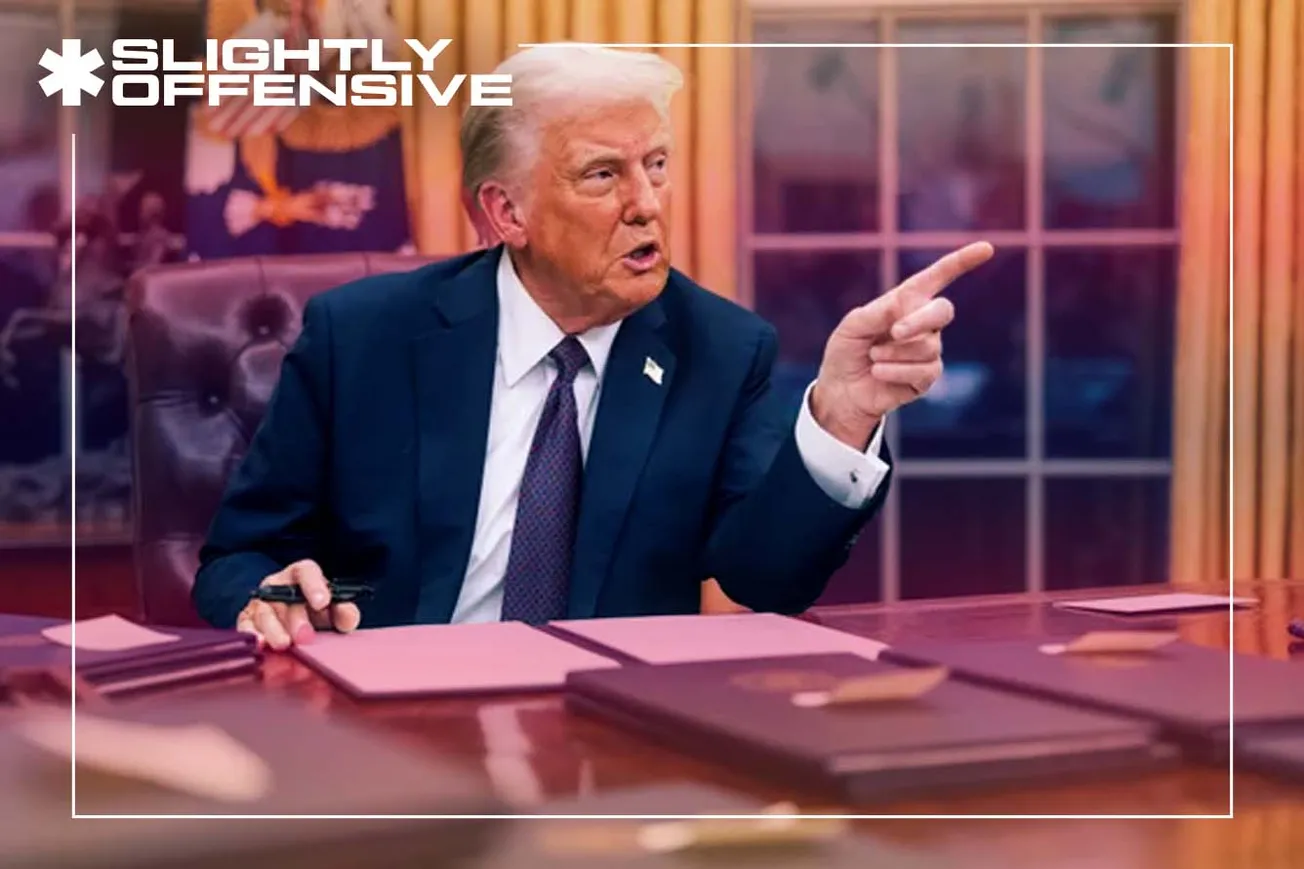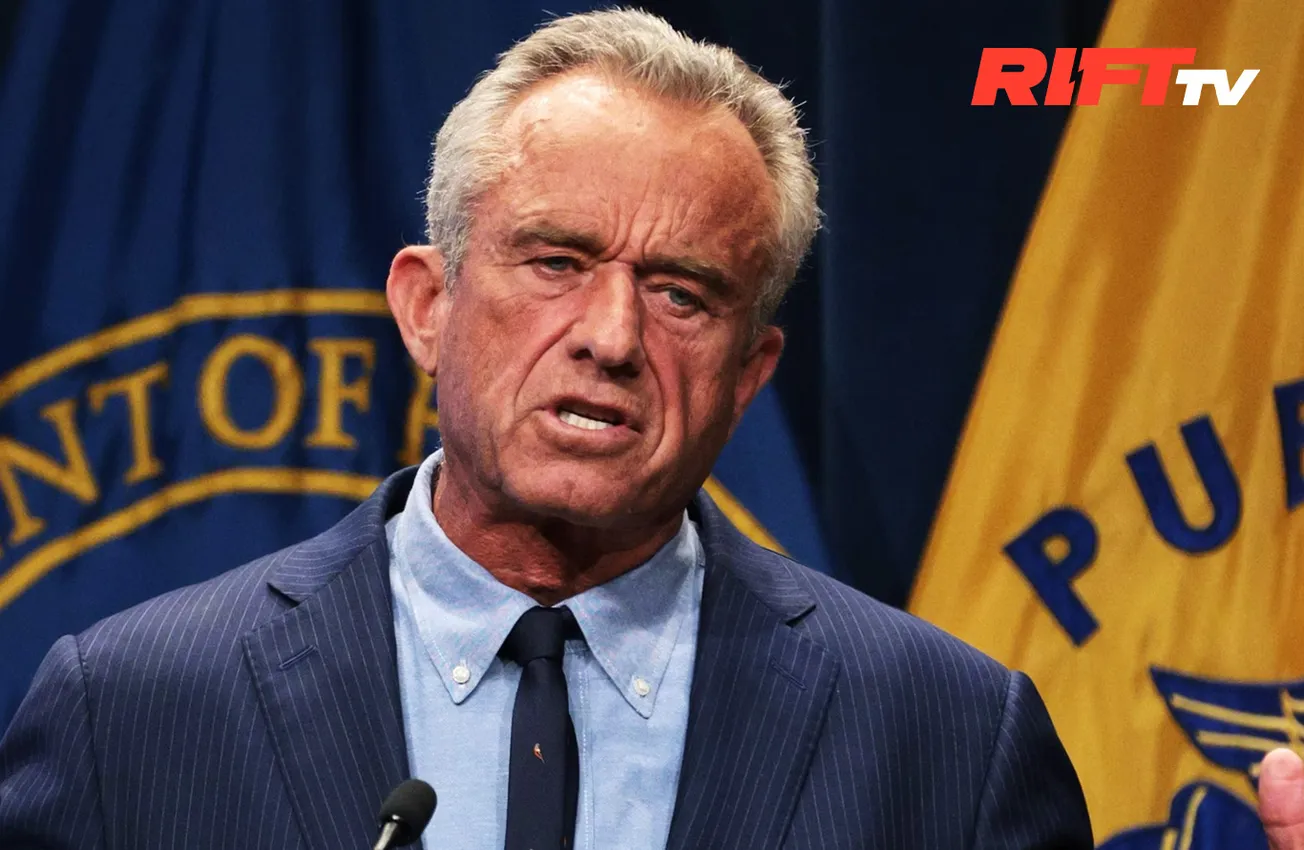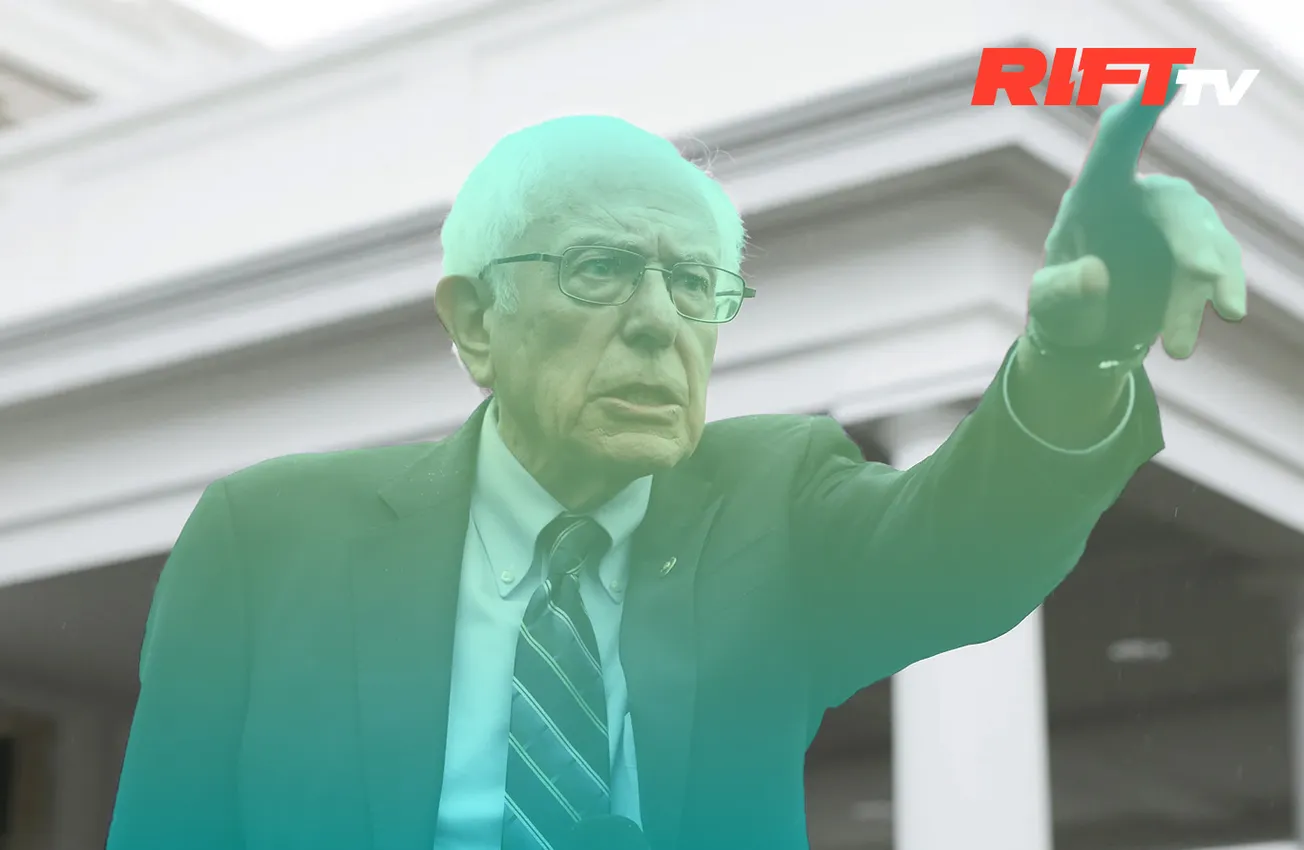On January 20, 2025, President Donald Trump wasted no time asserting his vision for the nation by signing a series of executive orders within hours of his inauguration.
These orders cover a wide range of issues, from energy policy to military affairs, and have sparked immediate debate across the country. Here’s a look at the ten most consequential executive actions he signed on his first day back in office:
1. Rescinding Biden-Era Executive Actions
Trump repealed 78 executive orders from the Biden administration, targeting policies on climate change, prescription drug pricing, and labor regulations. This sweeping reversal underscores his commitment to dismantling key aspects of Biden’s legacy and realigning federal priorities. By rolling back these measures, Trump aims to refocus federal resources on what he views as essential economic and national security initiatives. However, critics argue that the abrupt reversals risk creating regulatory uncertainty for businesses and local governments.
2. Declaring a National Energy Emergency
Citing economic concerns and energy independence, Trump declared a National Energy Emergency. This order expedites the development of fossil fuel infrastructure, halts federal leasing for wind farms, and withdraws the U.S. from the Paris Climate Agreement. Supporters hail it as a boon for energy security and job creation in traditional energy sectors, particularly in coal, oil, and gas. Environmental advocates, however, warn that these policies could exacerbate climate change and undermine international commitments to carbon reduction.
3. Reinstating Service Members Dismissed Over COVID-19 Vaccine Refusal
In a move celebrated by military families, Trump’s order reinstates service members discharged for refusing the COVID-19 vaccine. The order also promises back pay for those affected, marking a significant shift in military health policy. Critics of the original dismissals argue that the vaccine mandates unfairly targeted individuals with legitimate medical or religious objections. While the reinstatement offers closure for many, logistical challenges remain in integrating these service members back into their roles after years of absence.
4. Halting Diversity, Equity, and Inclusion (DEI) Programs
Trump terminated DEI initiatives across the federal government, citing a return to merit-based policies. This action has sparked heated debate over its implications for workplace diversity and equality. Proponents argue that eliminating DEI programs will reduce unnecessary bureaucracy and restore a focus on qualifications and performance. Opponents contend that it will marginalize underrepresented groups and reverse years of progress toward inclusivity in government and federal contracting.
5. Defining Gender Based on Biological Sex
An executive order established a policy recognizing only two sexes, male and female, based on biological anatomy. This directive affects federal documentation, education policies, and access to government programs, reigniting debates on gender rights and inclusion. Advocates argue that the policy provides clarity and consistency in federal regulations, while critics claim it erases the identities and rights of transgender and non-binary individuals. Legal challenges to this order are already being anticipated by advocacy groups.
6. Withdrawing from the World Health Organization (WHO)
Trump renewed his push to withdraw the United States from the WHO, citing concerns over the organization’s handling of global health crises and perceived biases. The order initiates the formal process of separation, which will take one year to complete. Supporters of the move argue that the WHO has failed to hold countries like China accountable during pandemics and that U.S. funds are better spent domestically. Public health experts warn that withdrawal could weaken global health coordination and leave the U.S. isolated in future health emergencies.
7. Pardoning January 6 Participants
In one of his most controversial actions, Trump pardoned over 1,500 individuals convicted or charged in connection with the January 6 Capitol riot. This sweeping clemency has sparked intense debate, with supporters viewing it as justice for political prisoners and critics condemning it as an affront to accountability. Families of those pardoned celebrated the move, describing it as a chance to rebuild lives disrupted by prolonged incarceration. However, lawmakers and legal analysts worry about the precedent this sets for future political violence.
8. Reversing Electric Vehicle Mandates
Trump signed an order lifting restrictions on drilling in Alaska and reversing electric vehicle production mandates. The administration argues this will reduce inflation and energy costs by lowering dependence on foreign energy sources. Critics claim the move undermines the burgeoning clean energy industry and sets back efforts to combat climate change. By emphasizing traditional energy sources, the order reflects Trump’s priority of boosting immediate economic gains over long-term environmental goals.
9. Establishing the Department of Government Efficiency (DOGE)
In a bid to streamline federal operations, Trump created the Department of Government Efficiency (DOGE), appointing tech magnate Elon Musk as its head. The department’s mission is to eliminate waste, modernize government functions, and enhance public services through technology. Early proposals include automating outdated bureaucratic processes and implementing blockchain technology for secure and transparent federal transactions. While supporters see DOGE as a step toward a leaner government, skeptics question whether the department will achieve measurable results.
10. Firing the U.S. Coast Guard Commandant
Trump dismissed Admiral Linda Fagan, citing failures in border security and recruitment, as well as an overemphasis on diversity initiatives. The move signals his intent to prioritize traditional metrics of military readiness and border enforcement. Fagan’s removal has drawn mixed reactions, with some praising the decision as a necessary correction and others arguing it undermines the morale and leadership within the Coast Guard.
Trump's Executive Orders
President Trump’s first-day executive orders signal a decisive shift in federal policy, with a clear emphasis on energy independence, military reform, and rolling back progressive initiatives. While supporters applaud these moves as a bold return to conservative governance, critics warn of their potential social and environmental consequences. As the nation begins to grapple with these changes, one thing is certain: Trump’s return to the White House has already made an indelible mark.
Please leave your opinions / comments on these stories below, we appreciate your perspective!








